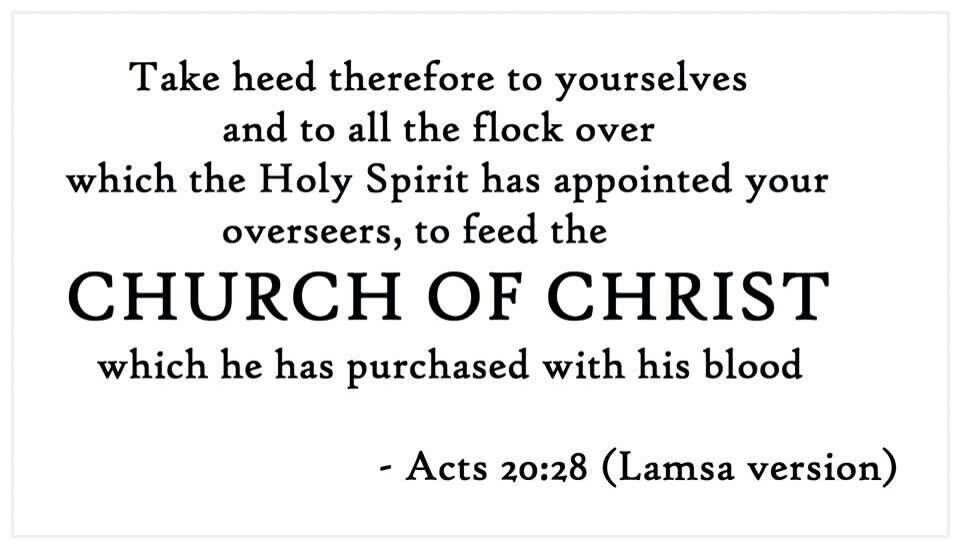Tumah
Veteran Member
There's a false premise here (surprise!). The Torah doesn't provide sacrifices for intentional sins (beside a small handful). Unintentional sins do come with sacrifices, with the exception of murder which has exile - demonstrating a sacrifice isn't enough. An unintentional adulterer/ess brings a sin offering.In fact the Torah never offers a sacrifice at all for greater sins such as murder or adultery. Why would God demand blood to atone for small sins like being ritually unclean or whatever but freely forgive greater sins no problem?
There are no sins that are freely forgiven. That type of thinking was exactly what Jeremiah was complaining about in chapter 7.
Ezekiel 33:12 (KJV)
12 Therefore, thou son of man, say unto the children of thy people, The righteousness of the righteous shall not deliver him in the day of his transgression: as for the wickedness of the wicked, he shall not fall thereby in the day that he turneth from his wickedness; neither shall the righteous be able to live for his righteousness in the day that he sinneth.
This verse is part of a passage explaining that the righteous can't rely on their early righteousness to later turn from righteousness.
And now that I've explained how your initial presumption is wrong - and that animals are sacrificed for sins of all types, it's no longer necessary to consider the perverse possibility that G-d would rely on human sacrifice to save humanity.The answer is quite simple actually. Jesus is the atonement not just for future sins but for all those sins that came before. The blood of bulls and goats? Only atoned for minor infractions. But Jesus atones for true sins. This is why David for example was forgiven without a sacrifice but only a "broken and contrite heart".
Just something for you to consider. God is not inconsistent. He wouldn't want us to kill animals for small sins and then just easily forgive great sins. He must have His own sacrifice for the great sins.
And once we've reached that point, we can realize that all sins require remorse and David was only expressing what was known to all: that the sacrifice isn't the thing that provides the atonement, it only completes the process.
You're right about Abraham prophetically proclaiming that G-d would provide himself the sacrifice -- but it was in reference to the ram that he ended up bringing in place of his son. That's what actually happened.This is foreshadowed in Abraham and Isaac. What does Abraham say? "My son, God will provide himself a lamb for a burnt offering:" This was prophecy and Abraham said this because he was a prophet. (Psalm 105:9-15)
The Lamb God provided Abraham that day was only a foreshadow or typology of the true Lamb of God which is the Messiah Jesus Christ.
In conclusion, we can see that the entire Christian concept is based off of ignorance of the actual requirements (as already shown in the OP). Without the NT to reinterpret the Tanach and force ignorance on on its adherents, it would be perfectly clear and this is why Christians always have to turn to the NT's interpretation of individual passages, instead of relying on the internal consistency of the Tanach itself.So, in conclusion all the times you see the people forgiven without the shedding of blood; it is because God is looking forward to the time when Jesus would atone for all the sins of mankind from Adam to now and indeed the future.
Isaiah 43:25 is more proof because God claims he will forgive us for His own sake. Not for the sake of bulls and goats! But because He will atone in His own way and in His own time. This is what God has done for us.
Isaiah 43:25 I, even I, am he that blotteth out thy transgressions for mine own sake, and will not remember thy sins.

